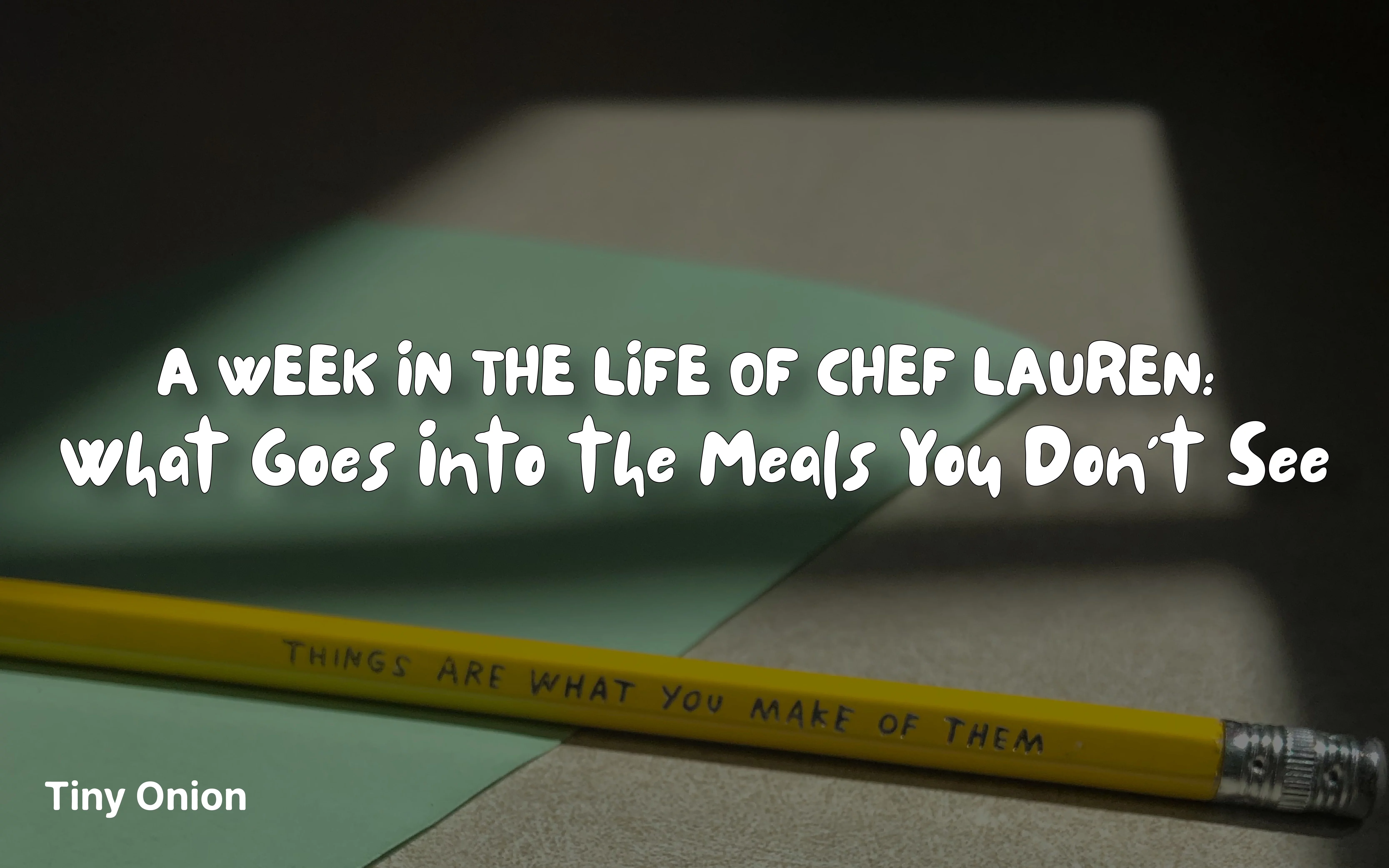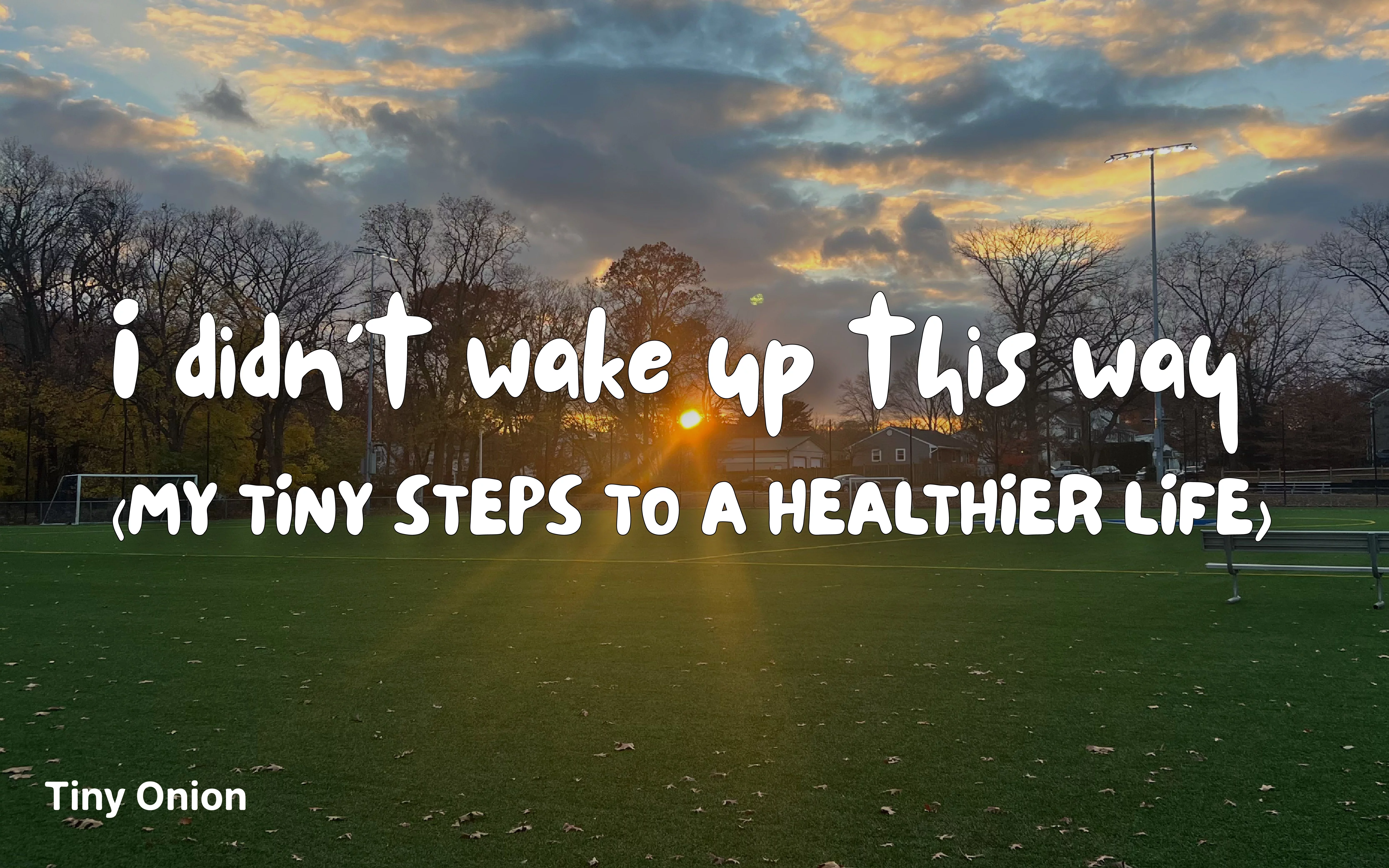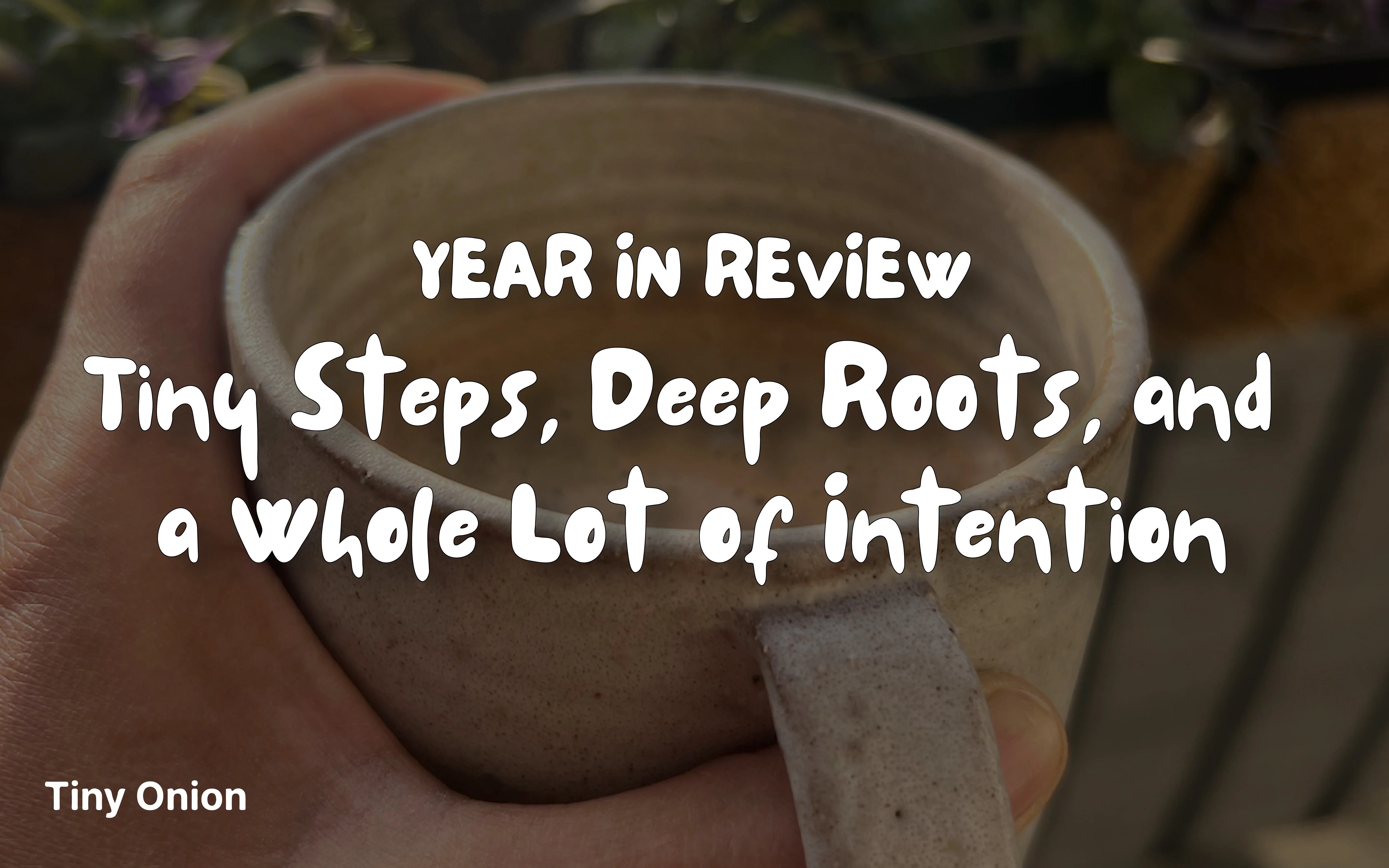Cooking for Hormone Health: My Philosophy and Food Choices
-immo3gccvq.webp)
Food is never just food. It’s medicine, energy, and balance, and for me it has become one of the clearest ways I support my health as a 44-year-old woman. I’ll be honest, I didn’t always think about hormones when I cooked or ate. Many people think feeling tired, bloated, or wired at night is just part of life. The truth is, what we put on our plates directly affects our hormones, our energy, and how steady we feel day to day.
Hormones are our body’s messengers. They regulate everything from sleep to metabolism to mood, and they are highly influenced by what we eat, how we move, and how we rest. For women especially, hormones naturally shift with age, and I’ve had to become much more intentional about how I support mine.
Here’s the philosophy I keep in mind:
Protein first – Lean, high-quality protein supports muscle, metabolism, and hormone production. I aim to make it the foundation of each meal.
Healthy fats – Avocado, olive oil, nuts, seeds, and fatty fish are building blocks for hormones and are essential for brain health.
Fiber and cruciferous vegetables – Foods like broccoli, Brussels sprouts, cauliflower, and kale support healthy estrogen metabolism and keep digestion moving.
Foods that calm the adrenals – Magnesium-rich foods like dark leafy greens, pumpkin seeds, almonds, and cacao can help balance cortisol, the body’s stress hormone. Vitamin C from citrus, peppers, and berries also helps the adrenals function properly.
Hydration and minerals – Coconut water, sea salt, and bone broth can help restore electrolytes and reduce stress on the adrenals.
Sleep and exercise matter just as much. Exercise builds lean muscle, which helps the body use glucose more efficiently and keeps blood sugar steady, a key piece of hormone balance. Quality sleep keeps cortisol in check and allows hormones to reset. Without rest, even the best meals can’t fully do their work.
On a personal note, I used to spend my mornings in a fasted state, running on nothing but black coffee. At the time, it felt normal, but it wasn’t serving me well. Fasting spiked my cortisol levels first thing in the morning and left me feeling depleted later in the day. I’ve since shifted my mornings. Now I start the day not only with gratitude but with protein and balanced nutrients before I make my way to coffee. Something as simple as a protein shake or eggs with vegetables gives my body the fuel it actually needs to start the day strong. The difference in my energy and mood has been huge.
This isn’t about perfection. It’s about consistent, intentional choices that support balance. A shake with maca root, salmon with roasted vegetables, a handful of walnuts, or a square of dark chocolate are simple ways I add hormone-supportive foods into my routine.
Cooking for hormone health is not a diet. It’s a practice of listening, choosing foods that give your body what it needs, and pairing them with movement, rest, and gratitude. It’s one of the most nourishing shifts I’ve ever made in my own life, and it’s something I encourage everyone to explore.
If this resonates with you, try adding one new hormone-supportive food to your meals this week and notice how your body responds. And if you do, I’d love to hear about it. Send me an email and let me know what changes you’ve made and how this blog entry landed with you.


